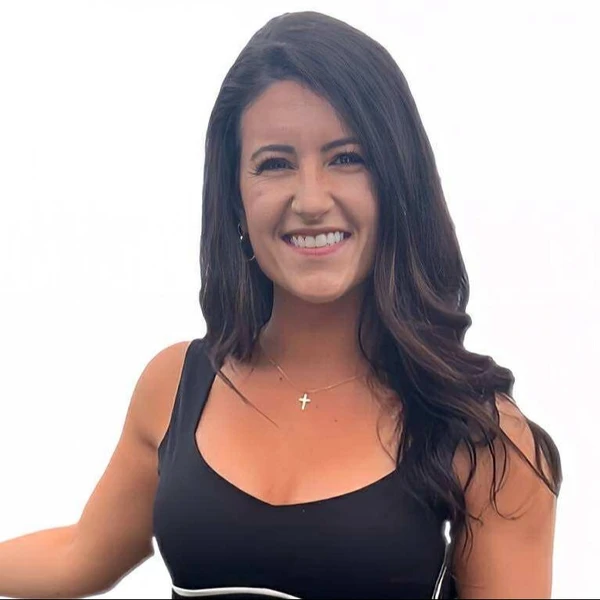
Religion
Christian
Church
Nondenominational
Hobbies and interests
Global Health
Business And Entrepreneurship
Nursing
Mental Health
Coffee
Hiking And Backpacking
Athletic Training
Travel And Tourism
Coaching
Dance
Food And Eating
Education
Reading
Travel
Cookbooks
Adult Fiction
Architecture
Leadership
Mystery
I read books multiple times per week
amber prong
1,605
Bold Points2x
Finalist1x
Winner
amber prong
1,605
Bold Points2x
Finalist1x
WinnerBio
Dedicated staff nurse with seven years experience in emergency medicine, trauma, and critical care. Extensive experience in unit level leadership and creative planning to solve high acuity and high census challenges. Expertise in multidisciplinary collaboration, nursing recognition, education, and evidence-based nursing practices. Passionate about fostering teamwork oriented environments and leading healthcare teams to achieve excellence in patient outcomes and unit goals.
Starting this fall, I will be attending the University of Michigan School of Nursing Ann Arbor where I will earn my Masters of Science in Nursing Leadership, Innovation, and Analytics where I will also obtain a certification in informatics and education!
Currently I work in Seattle on the Pediatric ICU at Seattle Children's Hospital where I provide critical care nursing to patients who are newborns all the way to young adults. I will be transitioning to the Mayo Clinic Emergency Department in Phoenix this September!
Education
University of Michigan-Ann Arbor
Master's degree programMajors:
- Education, General
- Registered Nursing, Nursing Administration, Nursing Research and Clinical Nursing
- Health and Medical Administrative Services
- Alternative and Complementary Medicine and Medical Systems, General
University of Michigan-Ann Arbor
Bachelor's degree programMajors:
- Registered Nursing, Nursing Administration, Nursing Research and Clinical Nursing
Schoolcraft College
Associate's degree programMajors:
- Biological and Biomedical Sciences, Other
Miscellaneous
Desired degree level:
Master's degree program
Graduate schools of interest:
Transfer schools of interest:
Majors of interest:
- Health Professions and Related Clinical Sciences, Other
- Education, General
Career
Dream career field:
Hospital & Health Care
Dream career goals:
Become a nurse leader
Charge Nurse and Emergency Critical Care Team Lead
Michigan Medicine2021 – 20243 yearsFundamentals of Health Clinical Instructor
University of Detroit Mercy2020 – 20211 yearEmergency Department Nurse
Michigan Medicine2018 – 20246 yearsPediatric ICU Nurse
Seattle Children’s Hospital2024 – Present2 years
Sports
Dancing
Varsity2012 – 20175 years
Awards
- MVP
Track & Field
Varsity2008 – 20124 years
Research
Hospitality Administration/Management
Seattle Children's Hospital — Member in the Fellowship Group2024 – 2025Health Professions and Related Clinical Sciences, Other
Michigan Medicine — RN2023 – 2024
Arts
Michigan Medicine, Seattle Children's Hospital, Emergency Nurses Association
Graphic Art2018 – 2025
Public services
Volunteering
Detroit Soup Kitchen — Volunteer2008 – 2018Volunteering
Detroit Young Learners and Readers Program — Volunteer2012 – 2014Volunteering
Livonia Varsity Orioles — Assistant Coach2011 – 2016Volunteering
Wolverine Christian Service Camp — Volunteer Camp Nurse and Dean2018 – 2022Volunteering
Wolverine Christian Service Camp — Camp nurse, camp dean, volunteer faculty2017 – 2023